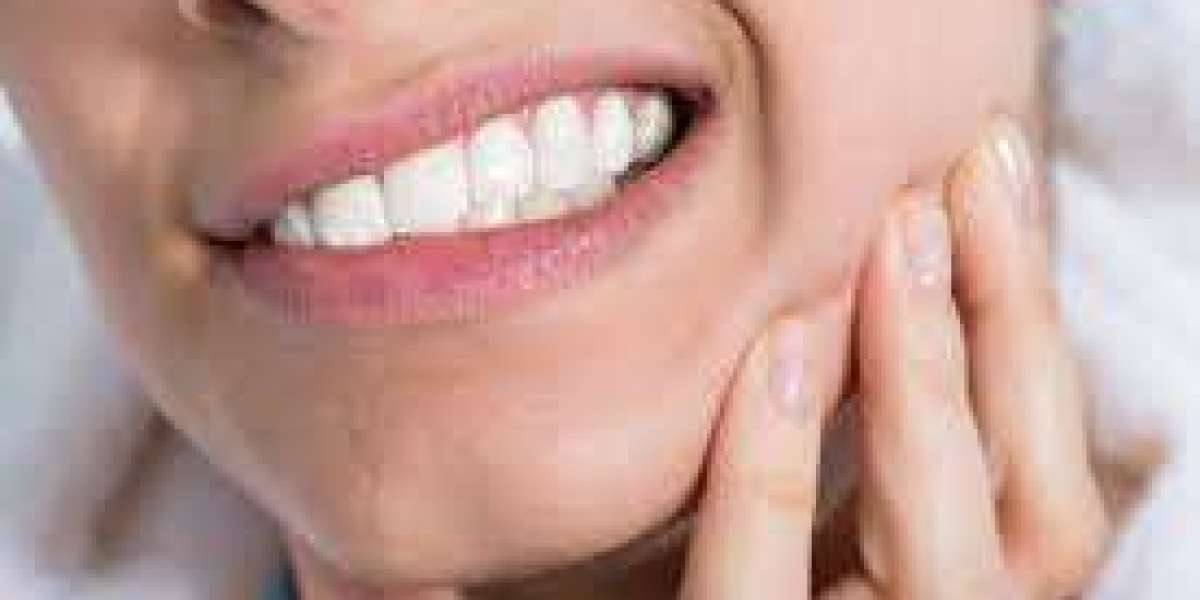Introduction:
Teeth grinding, clinically known as bruxism, is a common dental issue that affects many individuals, often as a result of stress and anxiety. The incessant grinding and clenching of teeth not only lead to dental problems but can also contribute to overall health issues. In this article, we will explore the causes of teeth grinding and effective solutions to manage and alleviate this condition, promoting a journey from stress to serenity.
Understanding the Causes
Teeth Grinding Treatment can be attributed to various factors, with stress and anxiety being primary triggers. The pressures of modern life, work-related stress, and personal challenges can manifest physically, leading to unconscious teeth grinding, especially during sleep. Additionally, misaligned teeth, sleep disorders, and lifestyle factors such as excessive caffeine intake and alcohol consumption can exacerbate bruxism.
Recognizing the Symptoms:
Identifying the symptoms of teeth grinding is crucial for early intervention. Common signs include headaches, jaw pain, tooth sensitivity, and worn-down tooth surfaces. Individuals may also experience disrupted sleep patterns, fatigue, and tension in the neck and shoulders. Seeking professional dental advice is essential to confirm a bruxism diagnosis and determine the best course of action.
Effective Solutions for Managing Teeth Grinding:
Stress Management Techniques: Addressing the root cause of teeth grinding involves adopting stress management techniques. Practices such as meditation, deep breathing exercises, yoga, and mindfulness can help individuals cope with stress and reduce the likelihood of bruxism. Creating a calming bedtime routine can also contribute to a more relaxed state before sleep.
Dental Night Guards: Dental night guards, also known as occlusal splints or bite plates, are custom-fitted devices designed to protect teeth from grinding during sleep. Wearing a night guard creates a barrier between the upper and lower teeth, preventing damage caused by clenching and grinding. Dentists can provide personalized night guards to ensure a comfortable fit and effective protection.
Cognitive Behavioral Therapy (CBT): For those whose teeth grinding is linked to psychological factors, cognitive behavioral therapy (CBT) can be a valuable intervention. CBT helps individuals identify and change negative thought patterns and behaviors, addressing the underlying stressors that contribute to bruxism. Seeking the guidance of a mental health professional can be instrumental in implementing CBT techniques.
Lifestyle Modifications: Simple lifestyle changes can also play a role in managing teeth grinding. Limiting caffeine and alcohol intake, especially in the evening, can reduce the likelihood of bruxism. Establishing a consistent sleep routine, maintaining good posture, and staying hydrated contribute to overall well-being and may help alleviate stress-related teeth grinding.
Conclusion:
From stress to serenity, managing teeth grinding requires a holistic approach that addresses both the symptoms and underlying causes. By incorporating stress management techniques, utilizing dental interventions like night guards, exploring cognitive behavioral therapy, and making lifestyle modifications, individuals can take significant steps towards alleviating the impact of bruxism on their oral health and overall well-being. Seeking professional advice is paramount for a personalized and effective treatment plan, guiding individuals on a path to dental tranquility.



